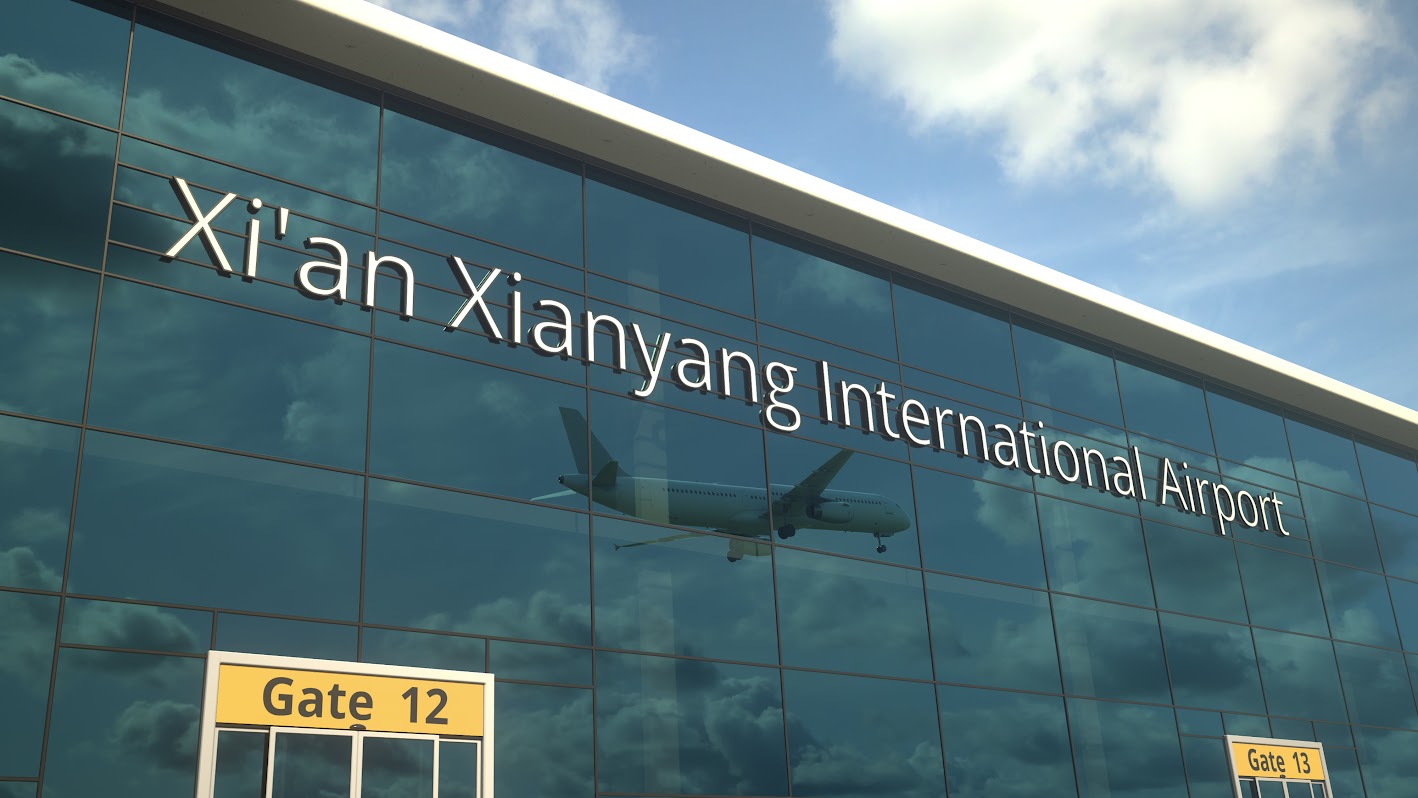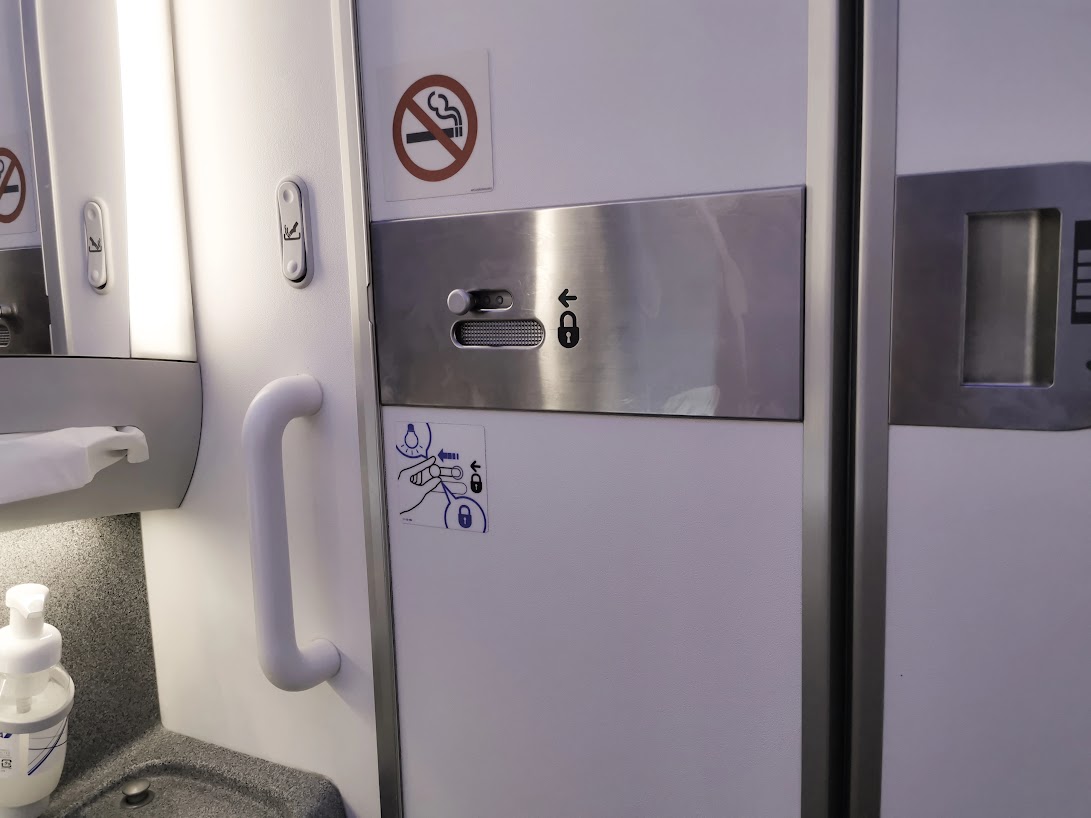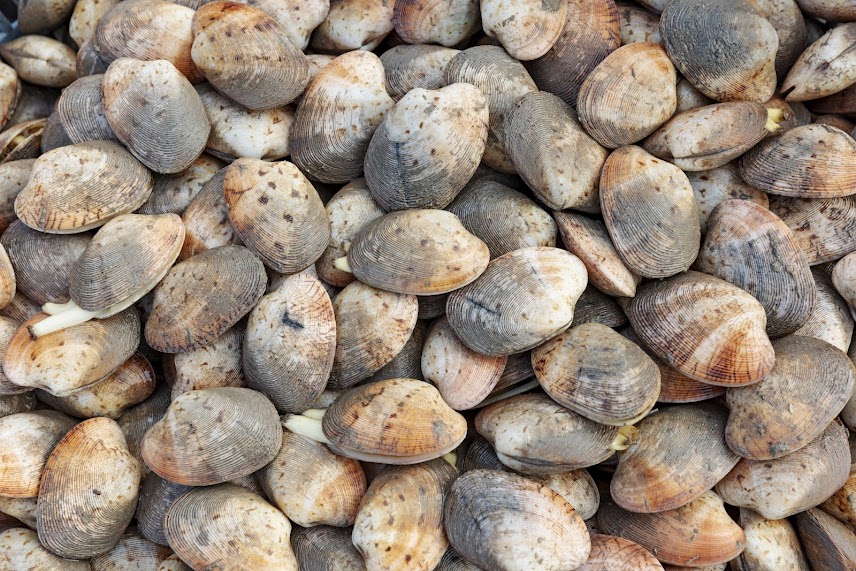
- Chuyến bay của tôi
- Online Check-in
- Dịch vụ chuyến bay
- Dịch vụ khác
Ngày đi

Ngày về
Updating the List of Items Not Allowed to Bring into Australia
Are you planning to study, travel, or work in Australia in the near future? Are you looking for information on what you cannot bring when entering Australia? All will be detailed in the following article.
1. What Can't You Bring into Australia? Summarizing the Latest 6 Categories
Below are 6 groups of goods that you absolutely should not bring to Australia to avoid affecting your entry journey here:
1.1 Live Animals
Live animals that have not been safety-tested and may carry dangerous infectious viruses and bacteria are not allowed to be brought into Australia from other countries. Therefore, Australia does not permit residents from other nations to bring the following live animals:
-
Birds.
-
Cats.
-
Dogs.
-
Horses.
-
Rabbits.
-
Fish.
1.2 Unpackaged Meat Products
All types of meat or meat products not packaged according to the standards and complying with food safety regulations are not allowed to enter Australia. For example:
-
Fresh, dried, frozen, or processed meat products.
-
Sausages and chorizo.
-
Noodles/soups containing meat.
-
Homemade dried chicken, pork, or beef.
-
Mooncakes with meat filling.
-
Pet food containing meat (such as cat pâté).
1.3 Eggs, Egg Products, Milk
If you bring eggs, milk, or egg products, and they have not been quality-checked, Australian customs officers will definitely confiscate them. This includes:
-
Fresh eggs.
-
Dried or powdered eggs.
-
Infant formula milk powder.
-
Products primarily made of eggs or milk.

Eggs, milk, and products made from eggs and milk are items that are not allowed to be brought into Australia.
1.4 Fruits and Vegetables
In case you cannot provide evidence of the origin of the fruits, vegetables (including both fresh and frozen varieties) you bring to Australia, they will all be held at the customs gate.
1.5 Seeds
To minimize potential threats to the Australian ecosystem, the country has regulations prohibiting citizens from other nations from bringing seeds of fruits, vegetables, and other categories. This includes:
-
Seeds of vegetables.
-
Seeds of tubers and fruits.
-
Seeds improperly packaged.
-
Seeds for bird feed.
-
Various grains.
1.6 Herbs and Traditional Medicine
Preparing preventive medicine for an upcoming long trip is something every traveler to Australia should do. However, if it's traditional medicine, herbal remedies, or other similar items of unknown origin, you cannot bring them into Australia. Specifically:
-
Herbs.
-
Plants and plant parts.
-
Raw tobacco.
-
Animal-derived products (such as deer antlers, deer musk).
-
Products derived from animals (such as whale oil, bird's nests).
-
Flowers, pollens.

Herbal remedies, traditional medicine, and herbs are items that are not allowed to be brought into Australia.
2. Detailed Guide on How to Fill out the Australian Customs Declaration Form Accurately
The customs declaration form (also known as the Incoming Passenger Card Australia) is distributed to passengers on the plane before landing for passengers to declare personal information, luggage, and itinerary details to customs officers for inspection and verification before entry.
Each Passenger Card consists of 2 sides, written entirely in English. The details for filling out each side are as follows:
2.1 How to Fill Out the Front Side of the Declaration Form
Passengers should complete all the following basic information:
-
Last Name (Family/Surname).
-
First Name/Middle Name (Given names).
-
Passport Number (Passport number).
-
Flight Number or Ship Name to Australia (Flight number or name of the ship).
-
Intended Address in Australia (Intended address in Australia).
-
Do you intend to live in Australia for the next 12 months? (Do you intend to live in Australia for the next 12 months?).
-
Do you have tuberculosis? (Do you have tuberculosis?).
-
Do you have any previous convictions/criminal record? (Do you have any previous convictions/criminal record?).
Next is checking either "Yes" or "No" for 11 questions related to luggage:
-
Goods that may be prohibited or subject to restrictions, such as medicines, steroids, firearms, weapons of any kind, or illicit drugs?
-
More than 2250 ml of alcohol or 250 cigarettes or 250g of tobacco products?
-
Goods obtained overseas or purchased duty-free and/or tax-free in Australia with a combined total price of more than AUD$900, including gifts?
-
Goods/Samples for business/commercial use?
-
AUD$10,000 or more than in Australia or foreign currency equivalent?
-
Any food – includes dried, fresh, preserved, cooked, uncooked?
-
Wooden articles, plants, parts of plants, traditional medicines or herbs, seeds, bulbs, straw, nuts?
-
Animals, parts of animals and animal products including equipment, eggs, biologicals, specimens, birds, fish, insects, shells, bee products, pet food?
-
Soil, or articles with soil attached, i.e., sporting equipment, shoes, etc.?
-
Have you visited a rural area or been in contact with, or near, farm animals outside Australia in the past 30 days?
-
Have you been in Africa or South America in the last 6 days?
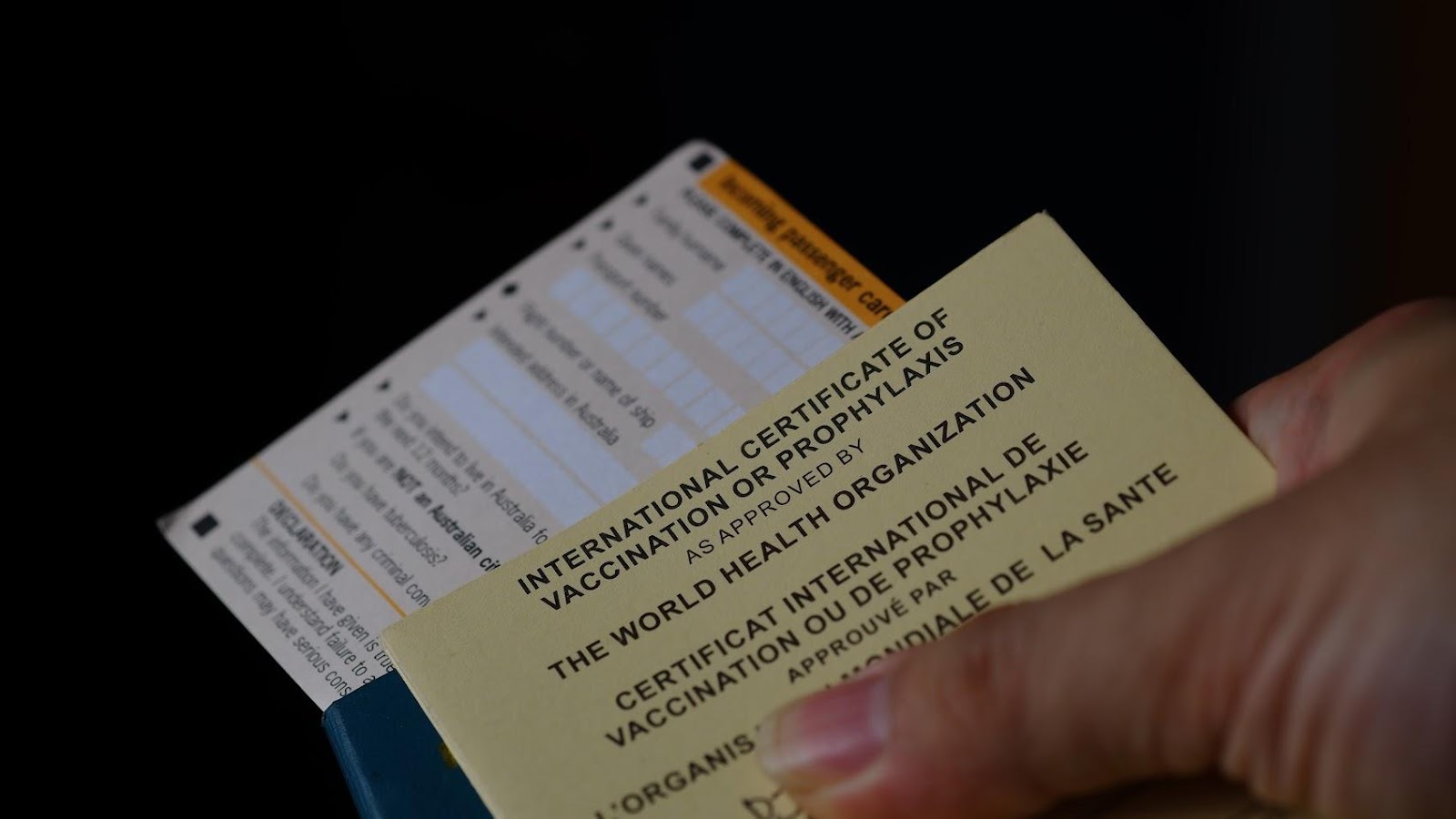
The information on the Australian Entry Form must be truthful.
2.2 How to Fill out the Back Side of the Declaration Form
After completing the front side of the Entry Form and signing it (in the "Your Signature" section), passengers continue to the back side and fill in the following information:
-
Contact information in Australia, such as phone number, email, and address.
-
Emergency contact details (family or friend) including name, email, phone number, or mailing address.
-
Country of departure (In which country did you board this flight or ship?).
-
Current occupation (What is your usual occupation?).
-
Nationality as shown on passport.
-
Date of birth.
-
Answer some questions related to the purpose of entering Australia (select by marking with an X), such as Migrating permanently to Australia, Visitor or temporary entrant, or Resident returning to Australia.
3. Other Important Notes When Entering Australia
In addition to complying with the items not allowed to be brought into Australia, you should also note the following:
-
Proactively apply for an Australian visa at least 1 month before the planned departure date.
-
Consider buying gifts for friends and family when returning to Australia at the Australian airport to receive tax exemptions.
-
Thoroughly research the regulations on imported goods.
-
Prepare all necessary personal documents (such as visa, passport, ID card), health certificates, and Entry Forms to facilitate your entry into Australia.
> Learn more: Updated regulations for entering Australia.
We hope that sharing the information about items not allowed to be brought into Australia mentioned above will help you have a smooth entry in the near future.
Therefore, to maximize cost savings when traveling to Australia, do not hesitate to visit the official Vietjet website at https://www.vietjetair.com/ and book your flight to Australia today to enjoy extremely affordable prices. Moreover, receive many "surprise gifts" when following the following information channels:
-
Website: https://www.vietjetair.com
-
Facebook: https://www.facebook.com/vietjetvietnam
-
Instagram: https://instagram.com/vietjet

 Đặt vé
Đặt vé
 Skyshop
Skyshop
 Khách sạn
Khách sạn
 E-Voucher
E-Voucher
 E-Sim
E-Sim
 E-Visa
E-Visa
 Mua ngoại tệ
Mua ngoại tệ
 Bảo hiểm
Bảo hiểm
 SkyJoy
SkyJoy

























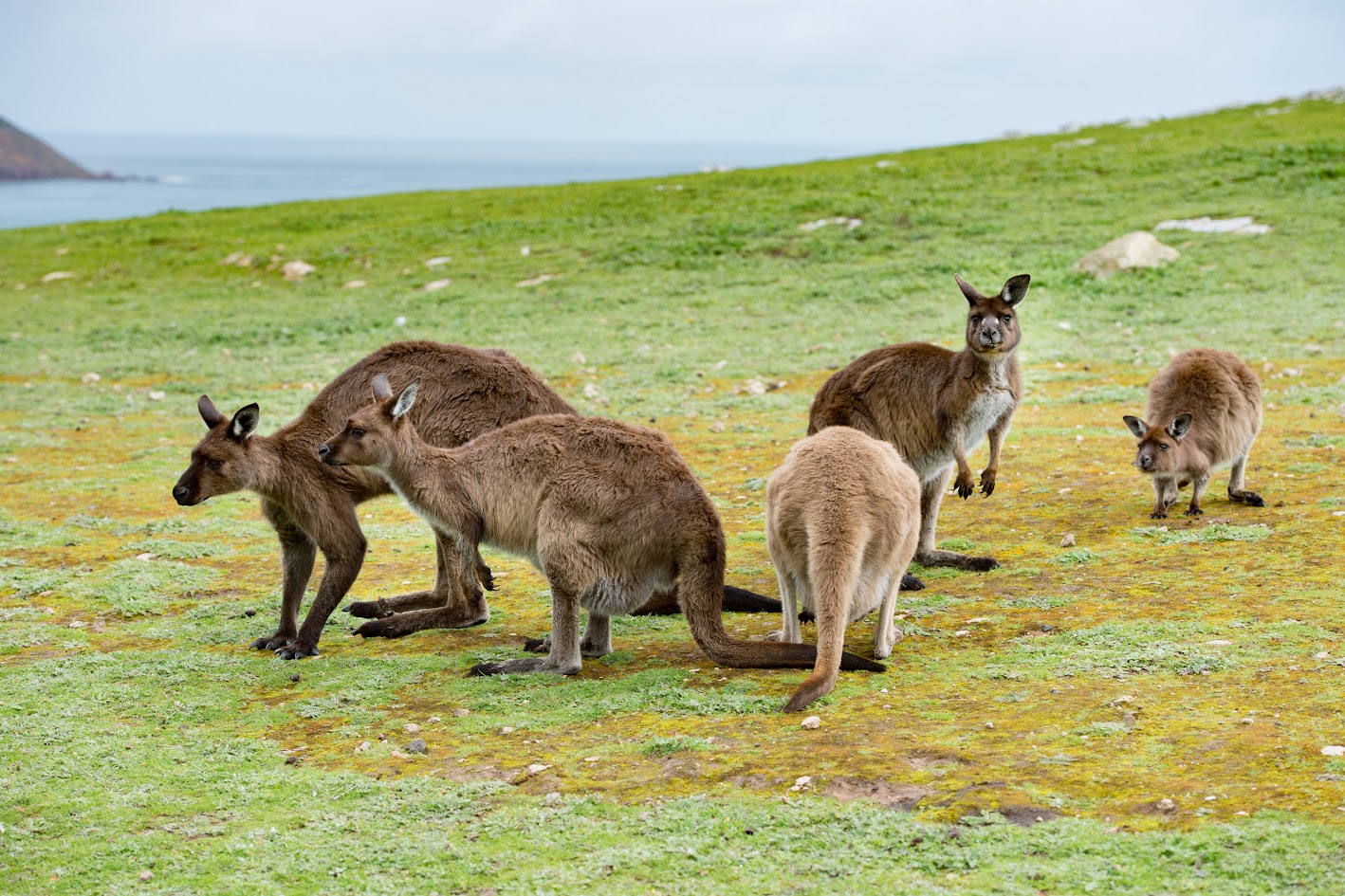







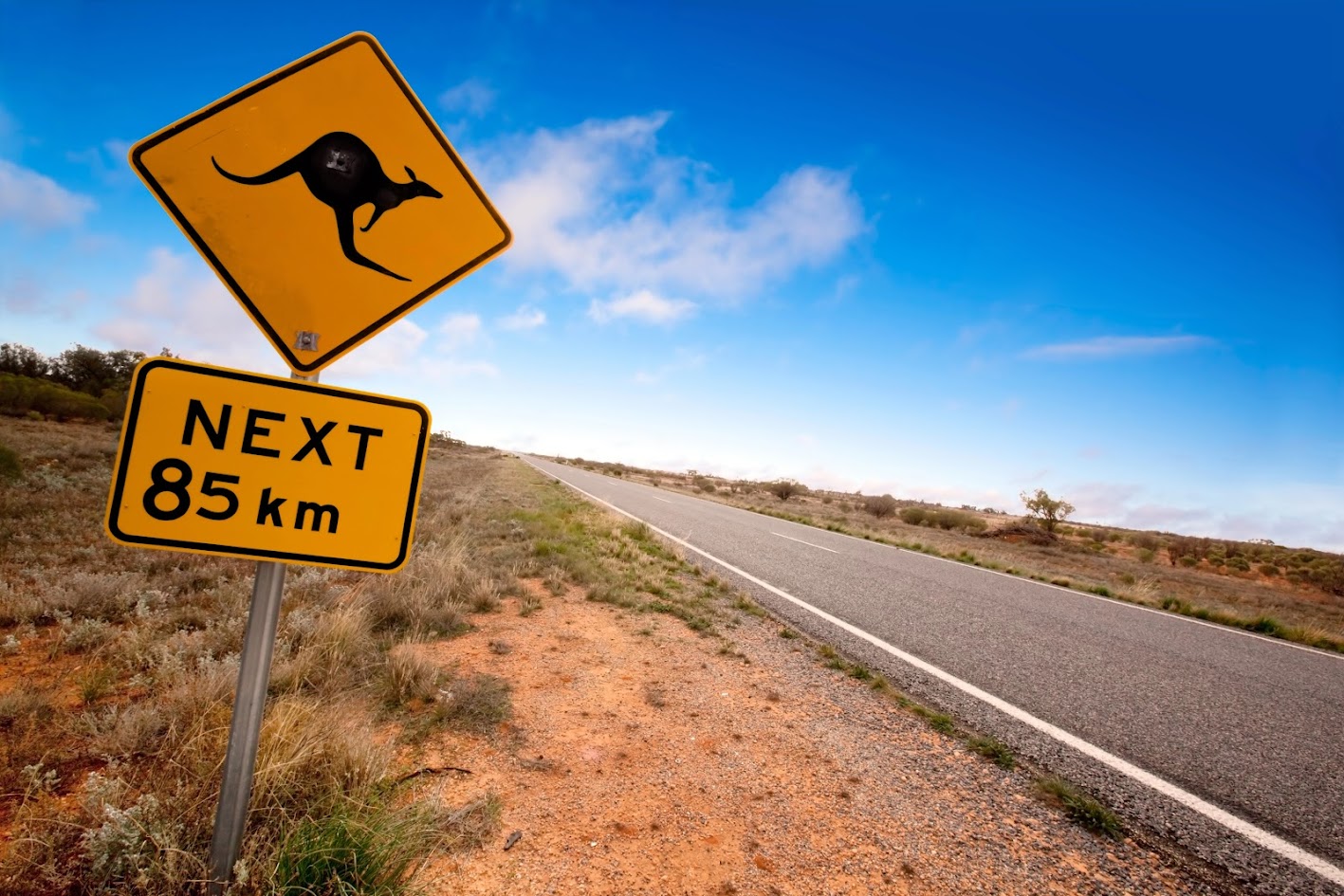











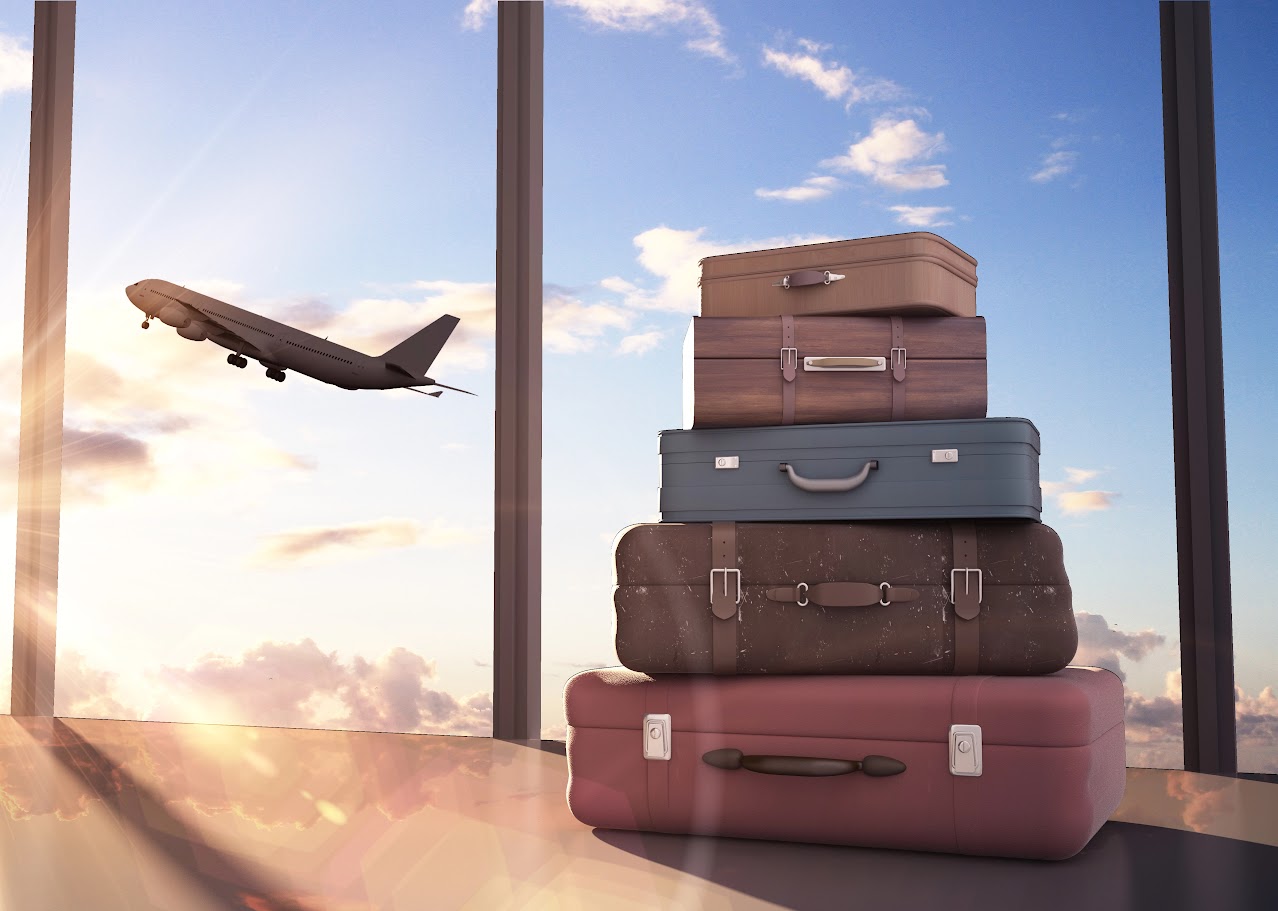
































































































![[FAQ] What is the Best Time to Travel to South Korea?](https://vj-prod-website-cms.s3.ap-southeast-1.amazonaws.com/shutterstock533705653supersize-1696644100090.jpg)







































